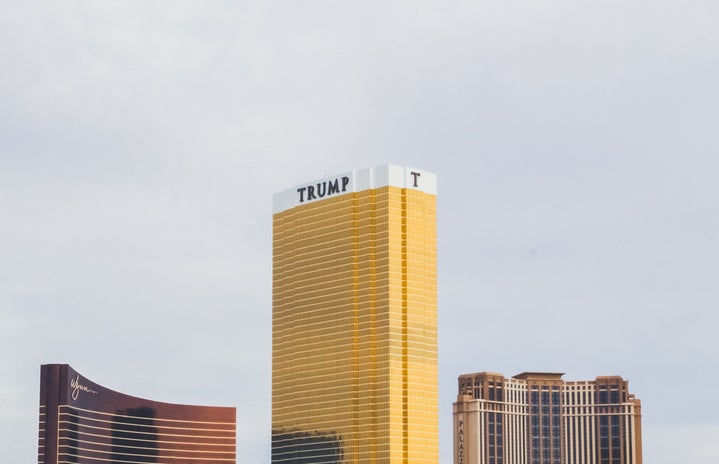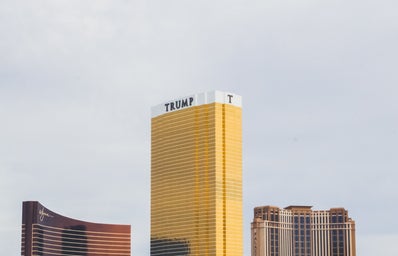Over the past week, you have probably heard the words “Net Neutrality” plastered all over the news and media. A lot of people have no idea what it is or why it’s such a big deal. The truth is, it’s a lot scarier and more serious than you might think.
Net Neutrality is the basic principle that prohibits internet service providers like AT&T, Comcast and Verizon from speeding up, slowing down, or blocking any content, applications, or websites you want to use. Net Neutrality is the way that the internet has always worked. It preserves our right to communicate freely online. It enables and protects free-speech on the internet. It means that our ISPs have to provide us with open networks and can’t block or discriminate content that ride over those networks. No monopoly can have control over what content we are seeing, free to search and use whatever content we want to on the internet.
On Tuesday, November 21, 2017, the FCC (Federal Communications Commission) Chairman Ajit Pai announced his plans to scrap Net Neutrality regulations that require internet providers to treat all content equally. This has been a priority of the Trump Administration since he first took office. Trump’s administration has put an emphasis on gutting net neutrality provisions enacted by the Obama administration in 2015. The FCC plans to meet and vote on a repeal on December 14, 2017, and is expected to pass.
Why is this so serious? Because the internet without Net Neutrality isn’t really the internet. The open and free internet has paved the way for so much innovation and given a platform for people who have been historically shut out. Net Neutrality has been extremely important during the Trump era where movement building has been on the rise. The internet is a venue for open and free communications. The consequences will be significantly more devastating for marginalized communities whose media outlets have misrepresented or have failed to serve. People of color, the queer community, religious minorities, indigenous people, disabled people, immigrants, refugees, and poor people rely on the open internet to organize, access economic and education opportunities, and fight back against systemic oppression.
Think about it. If there was no Net Neutrality, how would the Women’s March have happened? It started with a woman creating an event on Facebook. This has been the case for many other movements that are organized on the internet and built around social media platforms to have their voices heard. What would happen to Black Lives Matter? United We Dream? The Trans Women of Color Collective? And so many other social movements that are structured around activists fighting oppression through all kinds of social media platforms and websites. Activists are able to turn out thousands of people in the streets at a moment’s notice from a Facebook invite or Twitter hashtag, it’s because ISPs aren’t allowed to block their messages or websites. Companies such as AT&T, Comcast, and Verizon would be able to decide who is heard and who isn’t. They’d be able to block websites or content they don’t like or applications that compete with their own offerings. They can charge extra to use certain services and demand a cut from every website in order to funnel that content to customers. They’d be able to control what we see and do on the internet. It goes beyond movement building, it is violating the first amendment and our freedom of speech.
If you weren’t worried before, you should be now. The internet as we know it could be gone with one vote. Marginalized communities wouldn’t have been able to tell their own stories if it wasn’t for net neutrality. Now, the FCC is going to try to take away their platform and power. Small business owners would be in danger of losing a platform to start their businesses and make profit off of the open internet. They rely on net neutrality to reach customers, advertise their products and services, and create markets. It has been proven that the open internet creates faster job growth, competition, and innovation.
Time is running out before December 14th comes along. If you don’t want net neutrality to be on the chopping block, I suggest you to https://www.battleforthenet.com/ or https://5calls.org/issue/defend-fcc-net-neutrality to find out how to call congress and tell them that net neutrality has to stay in order for the internet to be open and free to all. The Trump administration is doing everything in its power to control what people say and what content they receive. It is an authoritarian move on our democracy, and it has to be stopped. If you weren’t scared before, you should be terrified now.


